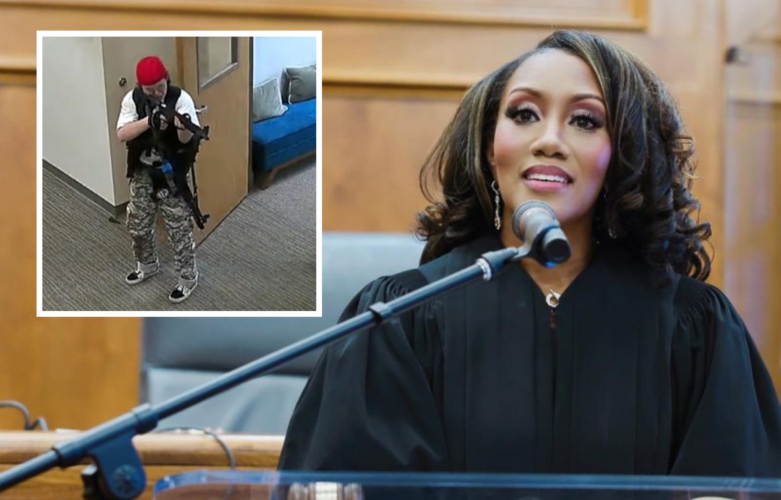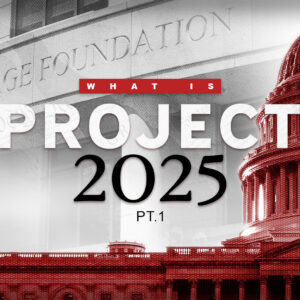Davidson County Judge I’Ashea Myles ruled on Thursday that the writings of transgender Covenant School shooter Audrey Hale cannot be released publicly because the families of the victims hold a copyright on the documents.
In the aftermath of the 2023 shooting that claimed the lives of three nine-year-old students and three school administrators, police discovered extensive writings in Hale’s vehicle and home. As part of a concerted effort to keep the contents of these documents classified, Hale’s parents transferred ownership of the documents to the families of the victims, giving them the right to decide what was done with them.
In the intervening time, select portions of the manifesto have leaked to the public, with podcast host Steven Crowder conclusively proving that Hale wanted to target “little crackers” with “White privilege.” Additional reporting from the Tennessee Star found that Hale fantasized about having “an imaginary penis,” ranted against her conservative religious parents, and had been receiving psychological counseling for nearly two decades.
Both sources were threatened with legal action for their disclosures, with the FBI, the Nashville Metro Police Department, and the families of the victims fighting to keep the documents under wraps.
Learn more about the 2024 Vault Conference and secure your ticket today!
Multiple parties, including the Star, the Tennessee Firearms Association, The Tennessean, Republican state legislator Todd Gardenhire, and the National Police Association, have filed lawsuits against the city of Nashville to gain access to the documents, but the copyright claim from Hale’s parents blocked any disclosure.
In her ruling just before midnight on Thursday, Judge Myles determined that the copyright provides an exemption to the Tennessee Public Records Act, allowing the documents to remain sealed.
“Based upon Supremacy Clause and conflict preemption, the federal Copyright Act serves as a valid exemption to the Tennessee Public Records Act and thus preempts the disclosure of any original work of authorship in any form created by the assailant…which has been collected by Respondent Metro,” Myles wrote.
“The release of the remaining documents which are not original, derivative or compilation works created by the assailant is further constrained by the exceptions to disclosure set forth by the General Assembly,” she continued, writing that, “during the pendency of this investigation and any legal proceedings thereafter, the investigative files of the police and materials therein are not available.”
Under this ruling, police “need not disclose any materials which are in its open investigative file and are relevant to any pending or contemplated criminal action until such investigation and any collateral criminal proceedings are complete.”
Following the ruling, Tennessee Star Editor-in-Chief Patrick Leahy vowed to appeal the decision.
“The judge has erroneously accepted a dubious copyright claim made by intervenors who should not have been allowed to intervene in this case in the first place,” he said. “The judge’s ruling is clearly not in the public interest and is a subversion of the intent of the Tennessee Public Records Act. We will absolutely appeal.”
The full ruling from Judge Myles can be read below.
Connor Walcott is a staff writer for Valuetainment.com. Follow Connor on X and look for him on VT’s “The Unusual Suspects.”
Got a hot scoop or an idea for a story? Connect with the VT writers on Minnect!



















Add comment